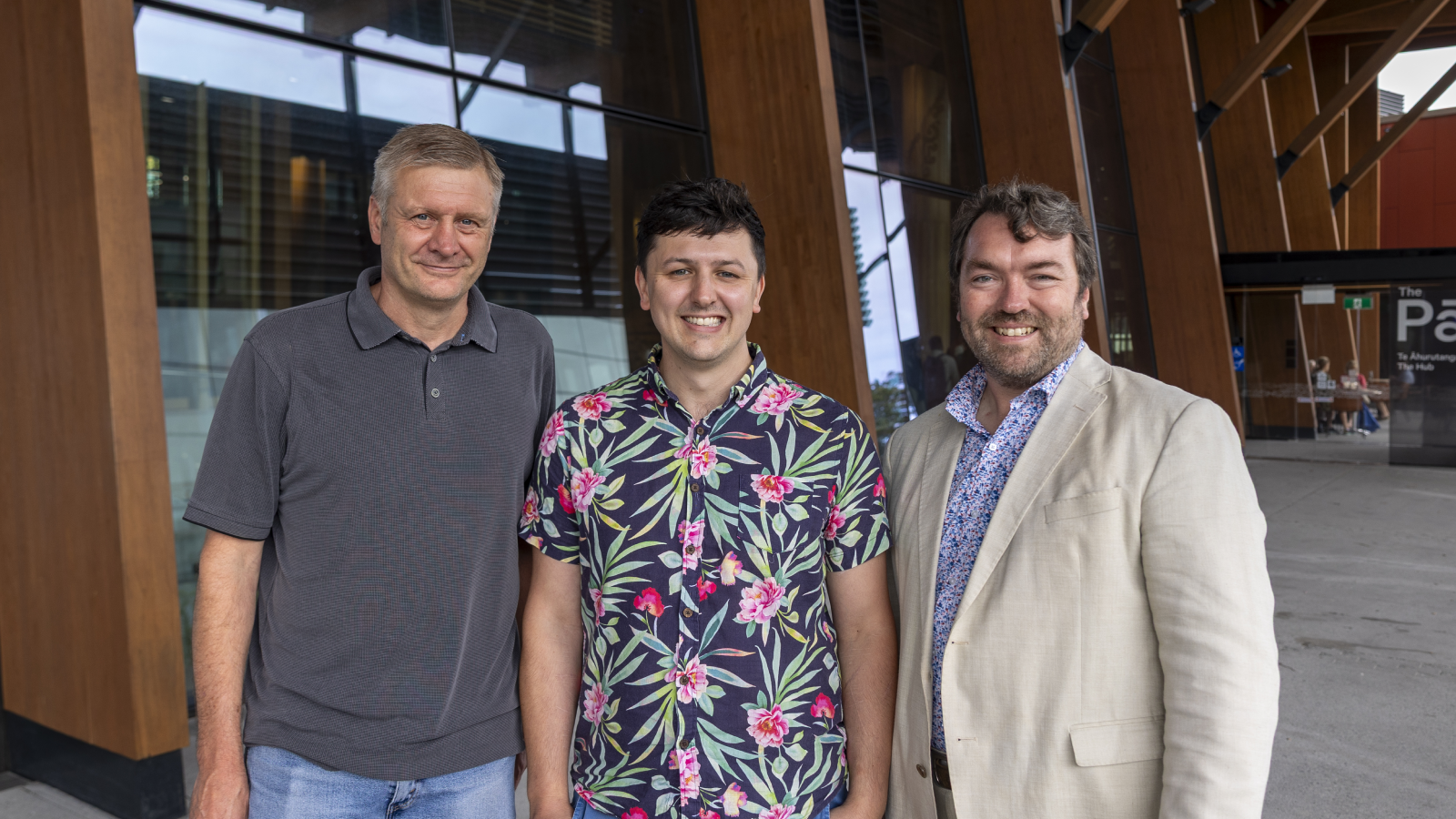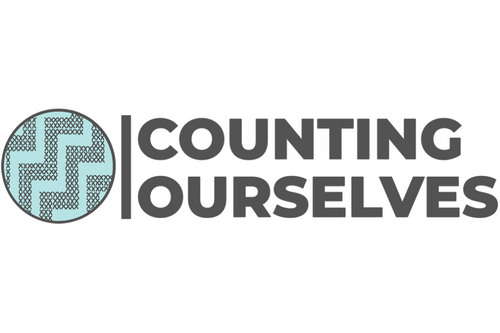October 16 was an important day for Waikato Students’ Union (WSU) president Lushomo Thebe.

Waikato Students’ Union (WSU) president Lushomo Thebe at graduation day.
It was when, after five years of study, the 23-year-old walked across the stage at The Pā to graduate with her Bachelor of Laws and Bachelor of Business degrees.
“It was a really exciting day, one that has been 13 years in the making," says Lushomo, who arrived in New Zealand with her family from Zambia as a 10-year-old with just one suitcase.
Today, she is one of the most recognised and respected faces on campus. Alongside her role leading the WSU over the past two years, Lushomo has served on the University Council, and is involved in a variety of other leadership and governance roles at the University.
There have been big decisions to make, some with long-term impact for students and the wider University community.
“There have been some long nights, weekends away from home for national conferences, and my family and friends have been a huge support.”
When Lushomo first started at Waikato University in 2018, she didn’t foresee being so involved in leadership and governance roles.
 Lushomo Thebe, centre, surrounded by members of the University Council on her graduation day.
Lushomo Thebe, centre, surrounded by members of the University Council on her graduation day.
“If you had told me when I was starting off that I’d have done half of the things I’ve done, or had half of the experiences I’ve had, I wouldn’t have believed you,” says Lushomo, who is grateful for the support of University leaders, including Vice-Chancellor, Professor Neil Quigley, and Chancellor Sir Anand Satyanand.
On graduation day, Lushomo was supported by a large crowd of family and friends, including her parents, Clenny and Christine, and twin sisters, Silika and Chipego, who are first-year students at Waikato.
“My hope is that them seeing me walk across the stage is something that they can aspire to; I want to show them that if I can do it, they can do it too.”
Lushomo wore a graduation dress made from chitenge (traditional Zambian fabric) chosen by her family when they visited Africa last summer.
“They asked me what colour – and I said I really like pink! Pink for graduation – why not?!”
She recently scored her first full-time job as a law clerk at Auckland firm, Chapman Tripp, which starts at the end of January.
 WSU President Lushomo Thebe, surrounded by family and friends, during her graduation at The Pā.
WSU President Lushomo Thebe, surrounded by family and friends, during her graduation at The Pā.
"I’m really excited for the future,” says Lushomo, who will also be doing her professional legal studies course to be admitted as a solicitor and barrister in 2024.
Lushomo was initially attracted to Waikato University because she says its business school “was the best in the country”.
She soon developed a passion for law too, nurtured by lecturers such as Professor Al Gillespie and Professor Claire Breen.
Summer internships at Belly Gully and Chapman Tripp gave her valuable law industry experience and connections.
“My encouragement to people that are starting [university] is to just always be open for where that will take you.”
In 2022, Lushomo was named as one of the YWCA Y25, a global movement working for women’s empowerment, leadership and rights. She is a founding member of the Zambians in Aotearoa Association (ZIAA) and was an advisor to the FIFA Women’s World Cup.
“I am a big advocate and champion for migrant rights and for wāhine, and for women in leadership in particular.”
She currently mentors women in the Zambian community and is on the board of the YWCA at local and national levels. She is also in demand as a speaker, advisor and panelist on female, ethnic and rangatahi empowerment.
Lushomo says a highlight of her final year at University is seeing the completion of The Pā. As WSU president, she sat on committees and working groups for the project and is excited to see how the new building - which includes a Student Hub and new wharenui – will benefit current and future students.
“I remember when they were first breaking ground, it was my first year. So, I’ve journeyed alongside The Pā as it was being built during the past five years, and I’m graduating as it has been completed.”
Despite the long hours of work, Lushomo says her time at the University of Waikato has been very special.
“As cliché as it sounds, I think you have to be the change you wish to see. I saw things that needed to be done, or changed, and thought – hey, how about I give it a go?
“I don’t think I’m very different to anyone else – I think every other young person in our communities has the potential – they need the confidence to give it a go.



